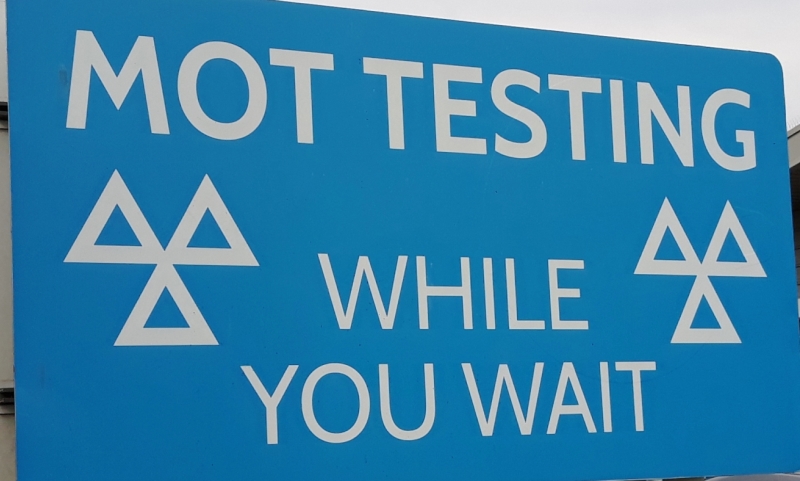Drivers have serious concerns about the Government’s plans to change the compulsory MOT from every year to every two years to reduce the cost of living.
According to an RAC survey of 1,435 motorists, an overwhelming majority (98%) believe it will lead to a rise in the number of unsafe vehicles on the road.
Additionally, a fifth (20%) thought it would lead to an increase in the number of collisions on the road. Almost two-thirds (61%) believe it would result in more vehicles breaking down.
More than half (55%) said they felt changing the MOT to every two years was a bad idea, just over a fifth (22%) said they thought it was a good idea while a similar proportion (23%) were unsure.
And, even though the Government’s proposal is meant as a way to ease financial pressures in the cost-of-living crisis, drivers are also not convinced about the possible money-saving benefits.
More than half (58%) say the changes could end up costing drivers more in the long run due to problems or defects going undetected and becoming more costly to repair, while 44% believe it might cause garages to put prices up for other repairs to compensate for lost earnings from doing less MOT work.
Among the fifth of drivers who believe the changes would be a good idea, three-quarters (74%) say modern cars are more reliable and do not need annual checks, while more than half (54%) believe it will save them money. A confident 41% told the RAC that they check their car for basic roadworthiness and don’t need to pay for someone to do it officially on an annual basis.
A car requires an MOT three years after its first registration and thereafter on an annual basis. It currently costs a maximum fee of £54.80 for cars (class 4 vehicle), though many garages offer the test at a lower price. Prices vary depending on vehicle type.
Having been in place across the UK since 1960, the scope of the MOT has been expanded over the years to include additional checks, such as vehicle emissions which were added to the list of items required to be scrutinised in 2018.
It also underwent a major change in May 2018 with the move away from a simple pass or fail with advisories to a new five-category system. Failures were split into two classes: major and dangerous, while three pass categories were introduced: pass; pass with minor defects; and a pass with advisories.
RAC head of roads policy Nicholas Lyes said: “There is a real danger that if the Government proceeds with these proposals that we could see an increase in the number of collisions and more injuries and deaths due to more unroadworthy vehicles using our roads, and an overall reduction in road safety.
“We’ve written to the new Secretary of State for Transport and urged her to consign this idea to the bin and look at other ways to help cash-strapped drivers reduce their motoring costs.”

